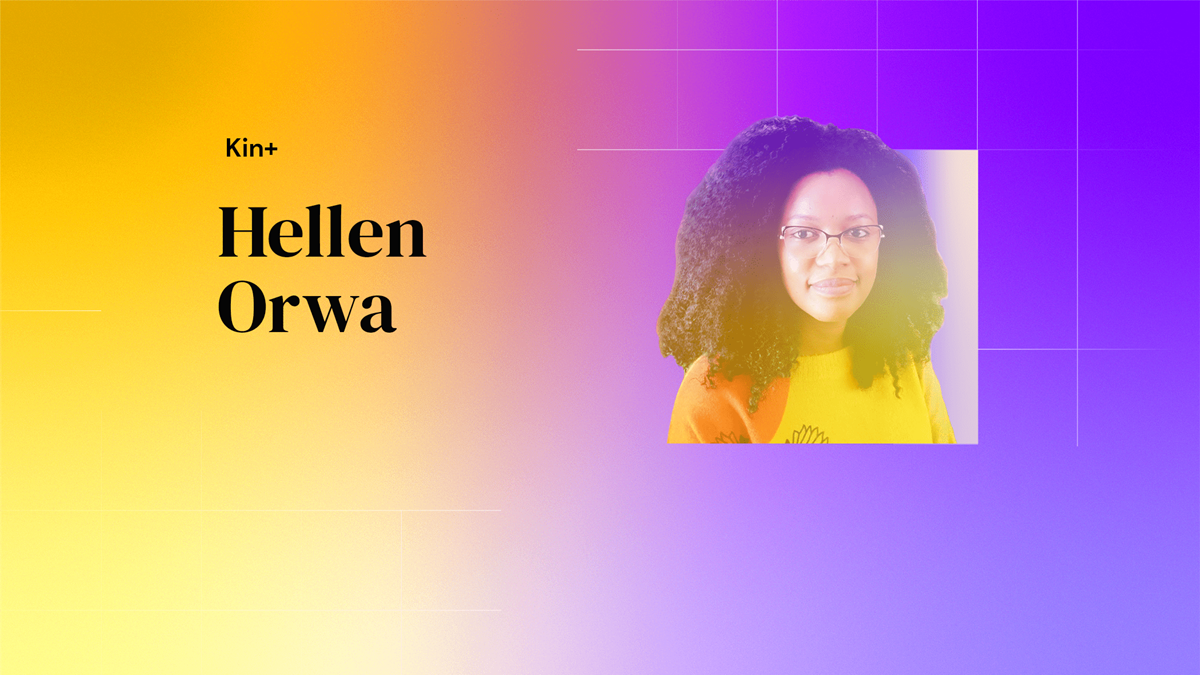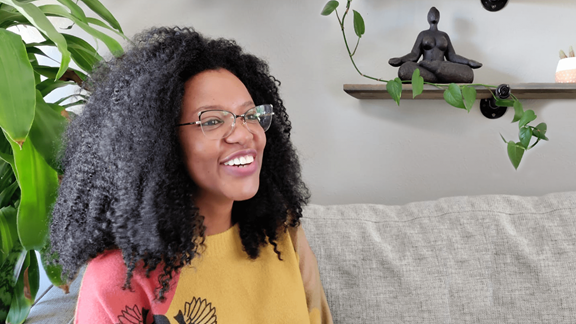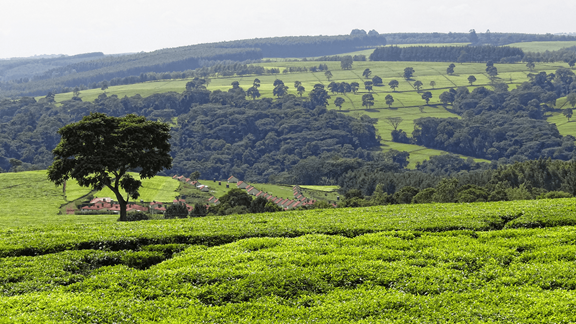I’ve always been extremely curious. Throughout primary and secondary school I did it all — everything from science, to biology, to chemistry, to agriculture, to computer science. I would see something and immediately think: “I can do that!” or “What is it that they are doing that I cannot do?”
This continuously-questioning multipotentialite mindset has been core to who I am since a young age and it’s something I learned from my dad. He’s always encouraged me to be curious by constantly telling me: “Hellen, do your best in everything that you do. It doesn’t matter if you have a title or if you identify yourself as one particular person in your life. You don’t have to choose who you are. Simply do something once, and do it right.” This has continued to remain at the forefront of my life.
Admittedly, though, my curiosity would cause issues throughout my schooling. My teachers never knew what I was good at, as I would keep quiet and, depending on how I was feeling that semester, I would decide to either pass or fail. My parents often heard: “She is just all over the place. We don’t know if she’s good at math, or biology, or chemistry. And, she’s pretty quiet. She doesn’t talk.” No one could tell if I was excelling or bored or struggling to keep up with the content we were learning. For me, I was simply spreading myself across unique experiences, taking in everything around me, and learning everything I could.
In high school I began to learn about biochemistry because my parents are science-oriented, and later I’d go on to complete an undergraduate degree in the specialism. After college, however, I knew that I didn’t want to be confined within a literal lab every day, so I simply started looking around and asking: “What can I do?” From this, I ended up working at a telecommunication company where I was exposed to IT. I learned about so many things like VPNs, IPLCs, MPLS, and how to renovate vintage data centers.
I got hooked on tech, yet found myself feeling a little unsettled and not wanting to specialize within such a specific niche. So, I made the choice to step into my first role in consulting, which gave me the opportunity to work with large, global clients and to travel to Kericho where I was exposed to tea farmers. I learned how they use IT to better their lives, how they grow tea, and how they alternate to produce greater yields. My client at the time was extremely ingrained in the tea farmers’ lives — exchanging tea and money for the build of technology infrastructure and digitizing money exchange. It was incredible to introduce tech into this community, as it brought opportunity for the people and their livelihood. I was a part of bringing the innovation of a balance sheet and access to a bank account via their mobile phones into a part of the world that truly needed it. In Kericho I could see the tangible impact of how my role as a consultant was improving people’s lives.


